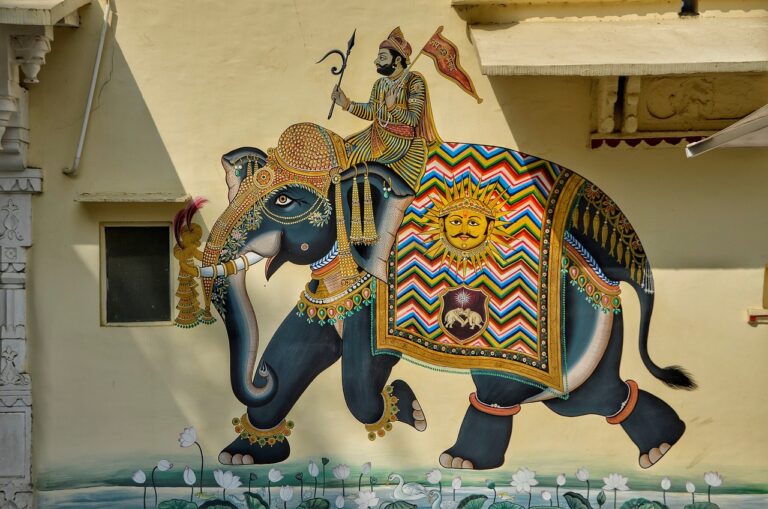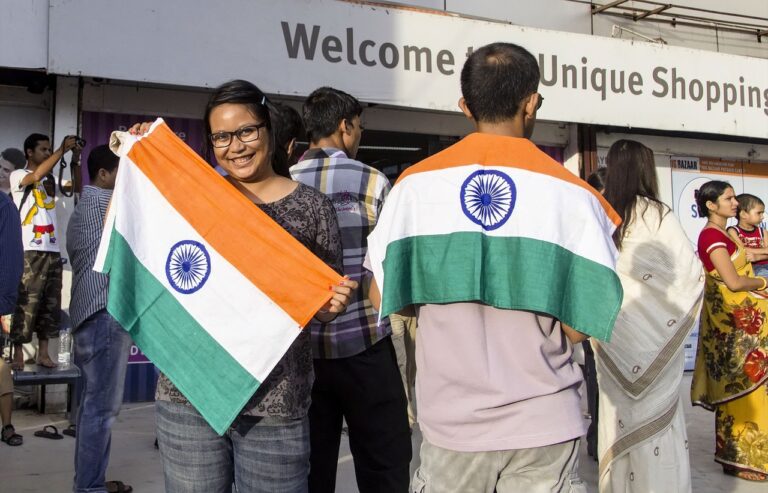The Role of Political Narratives in Shaping Voter Identity
In crafting political narratives, it is crucial to establish a clear and compelling storyline that resonates with the values and aspirations of the target audience. A strong narrative often features a protagonist typically the political candidate or party facing obstacles and challenges that must be overcome to achieve a positive outcome. This narrative structure helps to create a sense of urgency and purpose that can mobilize supporters and persuade undecided voters.
Additionally, the use of emotive language and vivid imagery can have a powerful impact on shaping the perception of the political narrative. By appealing to the emotions and values of the audience, political messages can evoke strong feelings of connection and empathy, driving home key points and solidifying support. Effective political narratives also often incorporate symbols and metaphors that can resonate on a deeper level, reinforcing the overarching themes and messages of the campaign.
The Influence of Media on Voter Identity
In today’s digital age, the media plays a pivotal role in shaping voter identity. Through a barrage of information and news coverage, media outlets have the power to influence how voters perceive political candidates and issues. Whether it’s through traditional news channels, social media platforms, or online publications, the media has a significant impact on shaping the narrative surrounding elections.
Furthermore, the media’s ability to frame stories and highlight certain aspects of political campaigns can sway public opinion and ultimately influence voter behavior. By focusing on specific events, quotes, or controversies, media coverage can shape how voters prioritize certain issues and candidates during elections. As such, understanding the role of media in shaping voter identity is crucial in deciphering the complex relationship between media influence and democratic processes.
The media has the power to shape voter identity through a barrage of information and news coverage
Traditional news channels, social media platforms, and online publications all play a role in influencing how voters perceive political candidates and issues
Media outlets can frame stories and highlight certain aspects of political campaigns to sway public opinion
By focusing on specific events, quotes, or controversies, media coverage can influence how voters prioritize certain issues and candidates during elections
Historical Context of Political Messaging
Political messaging has long been intertwined with the broader historical context within which it exists. From ancient civilizations using symbols and slogans to modern-day social media campaigns, the strategic communication of political ideas has always played a crucial role in shaping public opinion and political outcomes. The historical context of political messaging helps us understand how language, imagery, and rhetoric have been used as powerful tools to persuade and mobilize populations throughout the centuries.
Moreover, the evolution of political messaging reflects the changing dynamics of societal norms, technological advancements, and political structures. For instance, the advent of mass media in the 20th century revolutionized the way political messages were disseminated and consumed by the public, amplifying the reach and impact of political narratives. By studying the historical context of political messaging, we can gain valuable insights into the enduring strategies and tactics that have been employed by political actors to sway public opinion and shape the course of history.
How important is historical context in political messaging?
Historical context plays a crucial role in shaping political messaging as it helps to understand the societal norms, values, and events that have influenced political narratives over time.
How does media influence voter identity?
The media plays a significant role in shaping voter identity by framing political narratives, influencing public opinion, and highlighting specific issues or candidates.
What are some key elements of political narratives?
Some key elements of political narratives include messaging, framing, storytelling, symbolism, and emotional appeals designed to persuade and mobilize voters.
How has political messaging evolved over time?
Political messaging has evolved with advancements in technology and changes in societal norms, shifting from traditional mediums like print and radio to digital platforms and social media.






